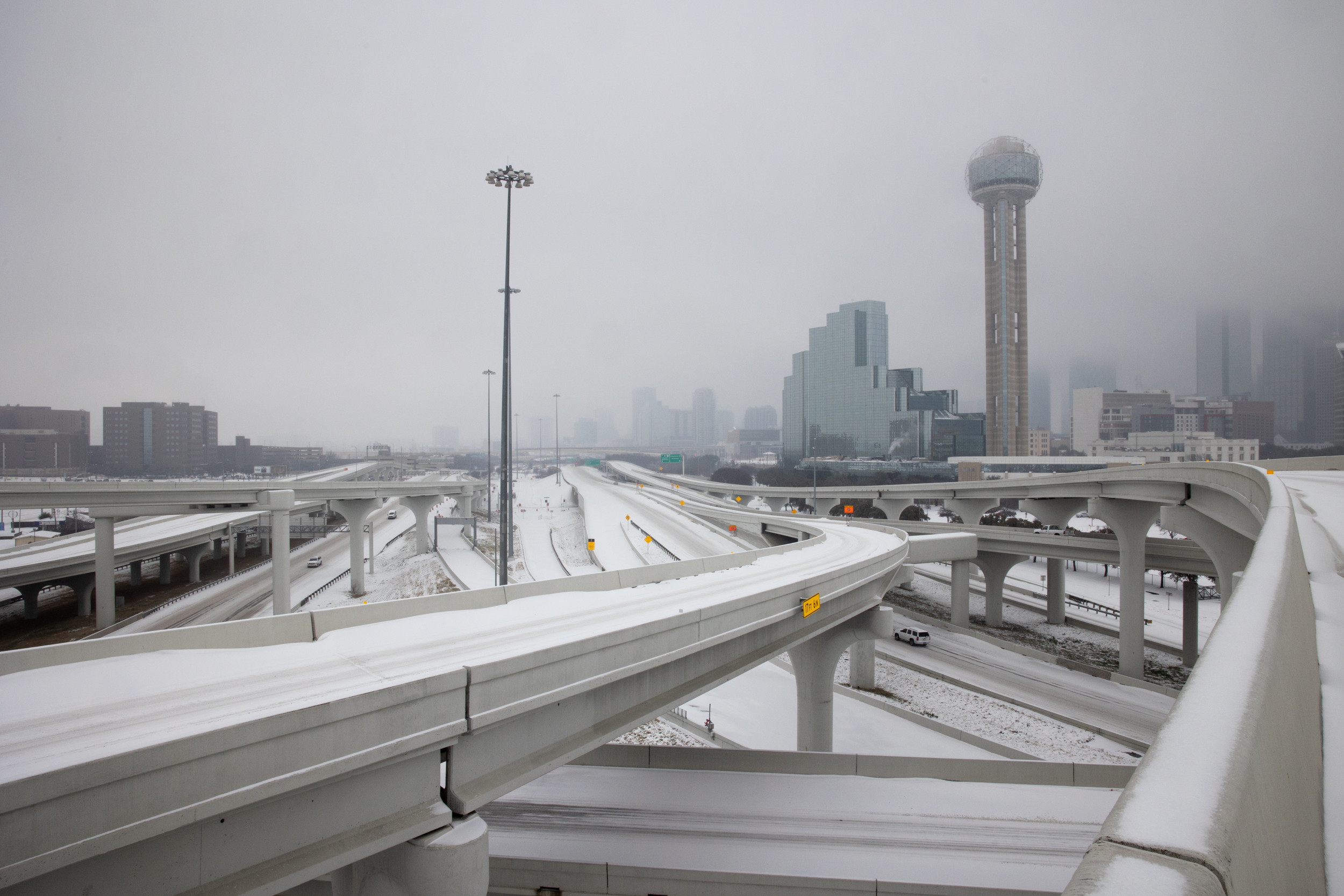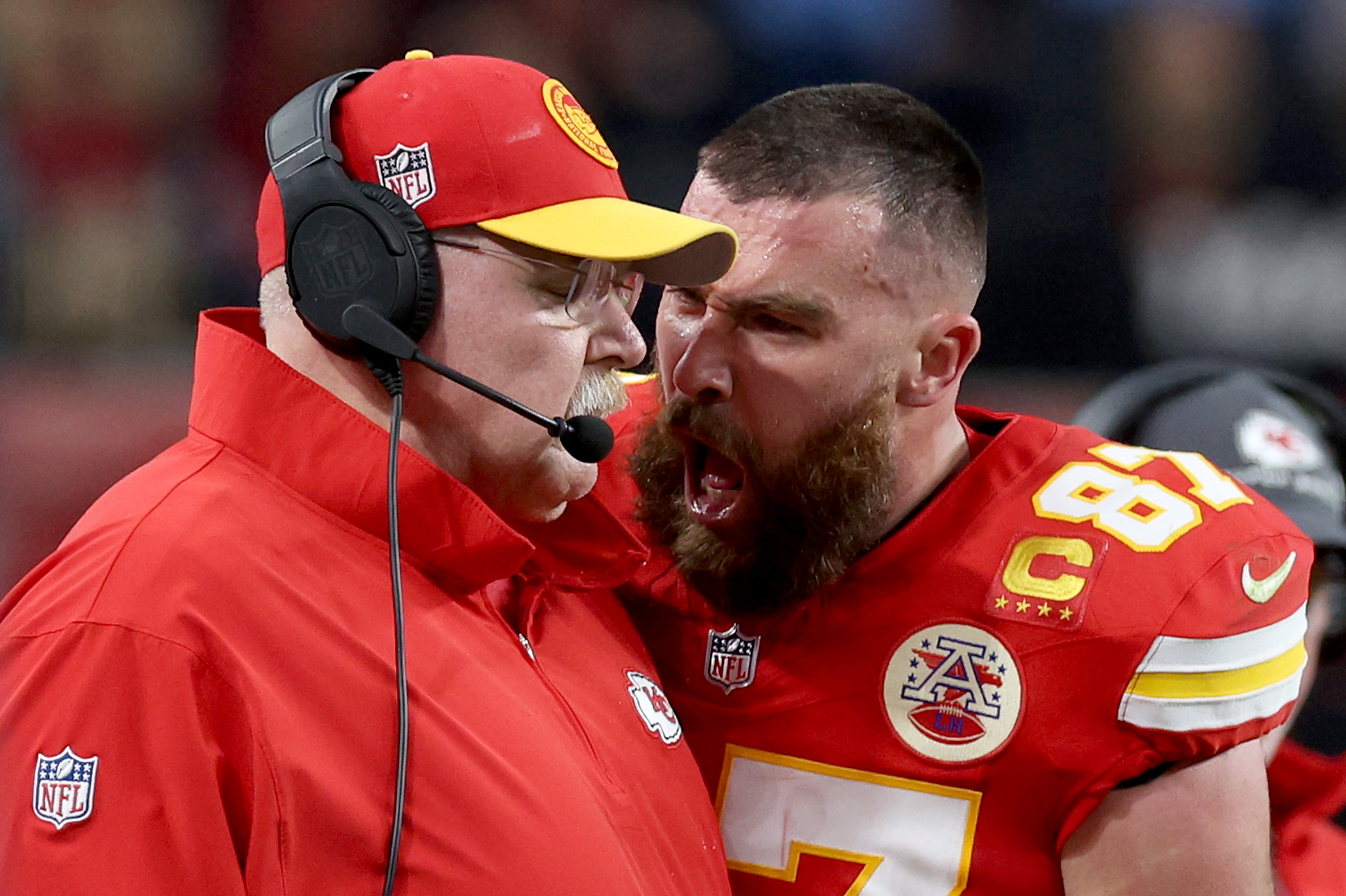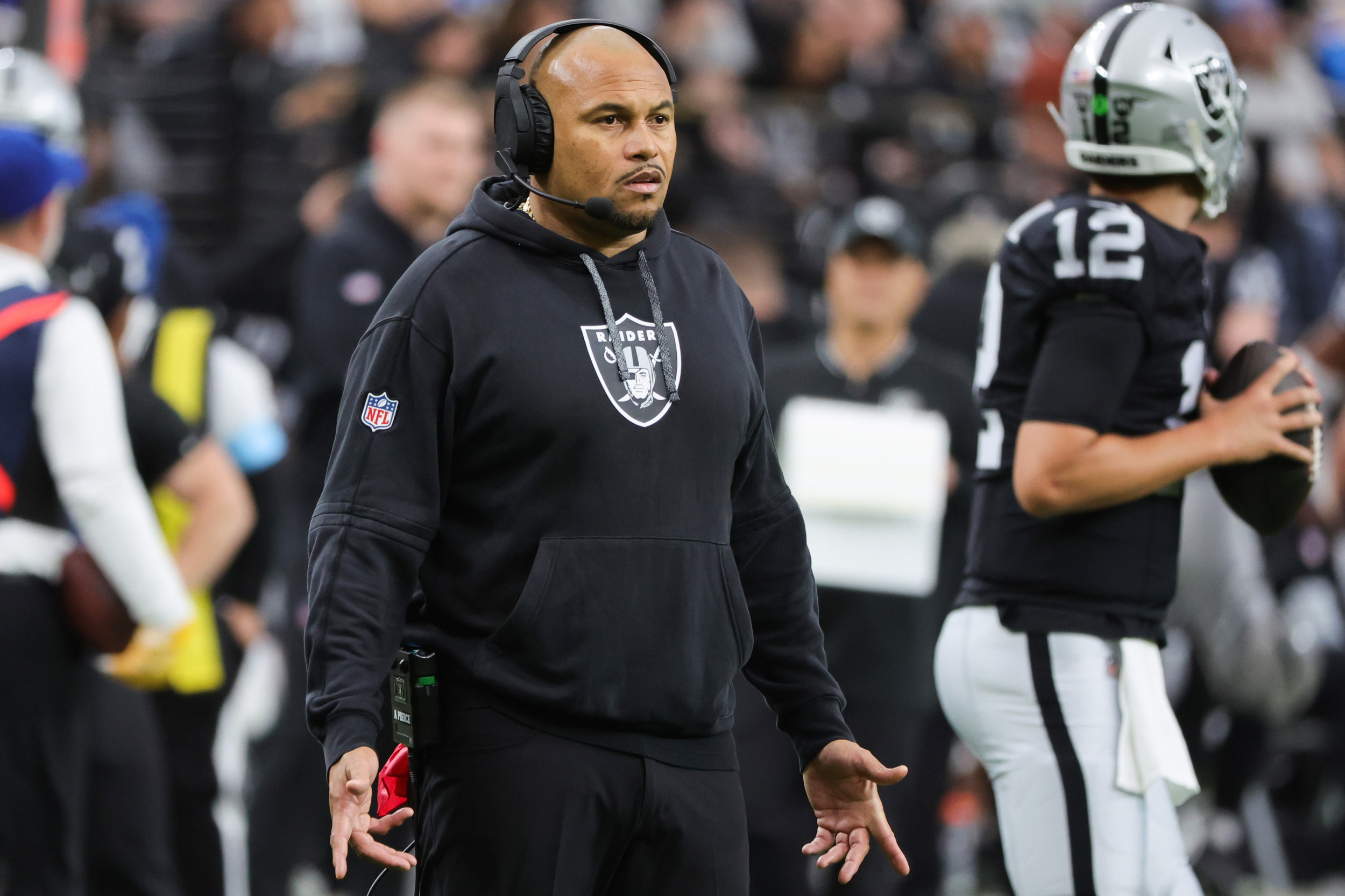Elon Musk is facing immigration problems for allegedly working in America without an employment visa and could arguably be deported, a legal expert told Newsweek.
On October 26, The Washington Post alleged that Musk had worked illegally in the U.S, citing "former business associates, court records and company documents."
Stephen Yale-Loehr, a professor at Cornell Law School and faculty director of its Immigration Law and Policy Program, told Newsweek that Musk could be in legal trouble for his alleged immigration violation.
"Working when not authorized is a clear violation of immigration law and would make Mr. Musk deportable," said Stephen Yale-Loehr, an immigration law professor at Cornell. "Moreover, if he failed to mention his illegal work when he applied for naturalization, his citizenship theoretically could be revoked." Yale-Loehr said.
Newsweek sought email comment from Musk's attorney and from Musk's company, X, on Friday.
According to The Post, Musk's immigration issues were so serious that investors refused to give him millions of dollars unless he sorted out his immigration status within 45 days. A member of the board of his previous company told The Post that Musk's immigration status in the 1990s was "not what it should be."
Musk, who is from South Africa, has denied the allegations and said he never violated U.S immigration law.
The owner of X, formerly Twitter, has used the platform to criticize illegal immigration in the U.S. Musk is also a keen supporter of Donald Trump—who has vowed to carry out the largest mass deportation program in U.S. history—and has been giving away $1 million a day to individual voters in key swing states. The voters are eligible for the lottery if they sign Musk's petition in support of the First and Second Amendment.

The BBC reported on Thursday that, since July, Musk has posted at least 22 times about voters being "imported" from abroad. On October 20, he wrote: "Triple digit increases of illegals in swing states over the past 4 years. Voter importation at an unprecedented scale!"
On Thursday, an opinion article on the website of Rolling Stone magazine claimed that Musk "hammers the theme of border security while evading questions on how he came to be a U.S. citizen."
The Post alleges that in 1995, Musk was admitted to Stanford University's graduate school but didn't enroll in classes. He instead used the student visa to stay in the U.S. and work on what would eventually become Zip2, Musk's online business directory. The Post also alleges that in 1996, investors made a funding agreement contingent on Musk obtaining permission to work in the U.S. within 45 days. Zip2 board member Derek Proudian told the newspaper that Musk's immigration status was "not what it should be."
Musk received U.S work authorization in 1997 and became a U.S citizen in 2002.
David Bredin, a New York immigration attorney with more than 20 years experience, told Newsweek on Friday that there was no chance that Musk would be deported for any alleged violation.
"In my opinion unless there was fraud in obtaining his status there is no chance of his citizenship been revoked."
"Not alone would it risk wrecking the U.S. economy, it would be a massive mess for USCIS [U.S. Citizenship and Immigration Services]. When a person comes to the citizenship stage, everything is vetted. Anything he may have done, would have been looked at and seen as a nonstarter," he said.




















 English (US) ·
English (US) ·